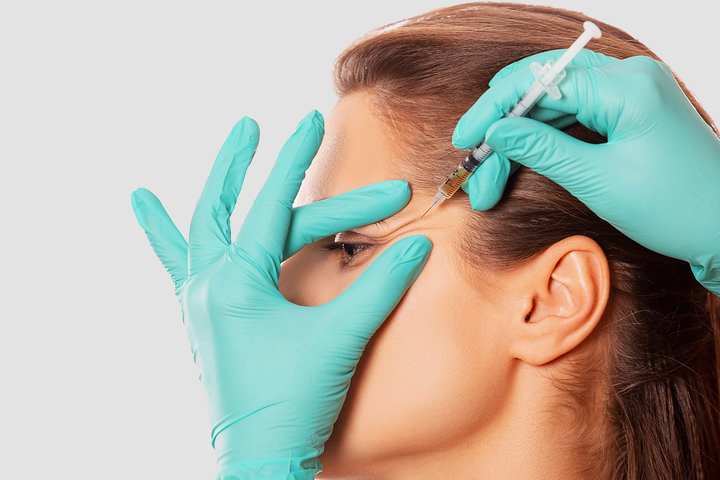 Cosmetic treatment is in all but name a medical procedure, with skill and experience required to keep us safe.
Cosmetic treatment is in all but name a medical procedure, with skill and experience required to keep us safe.
In September 2023, the government launched a consultation on unregulated cosmetic procedures. A sector where oversight is poor, despite an increase in treatment rates over recent years, due to social media and high street promotions.
Treatments to be considered include Botox, breast enlargement and other injections. Weight loss, or hay fever treatment are likely to be included, along with vitamin injections, chemical peels, dermal fillers, or hair removal.
At present, anyone can set themselves up to provide cosmetic treatment. The government’s view is that practitioners should be trained and licensed, along with having their premises inspected. Enforcement would be in the hands of local councils.
The Current Position
Since 2021, offering Botox, fillers, or similar treatment to under 18s has been unlawful, as is related advertising aimed at non adult age groups.
Doctors, nurses and dentists do carry out cosmetic procedures but are subject to control. Their regulatory bodies require them to be trained, insured and to use safe equipment, along with suitable premises.
Both these scenarios recognise the physical and psychological dangers incorrectly provided cosmetic treatment can hold. There is however no set training, or official regulatory body for beauty therapists and other non-professionals.
For a situation where risk of harm is evident and thousands of cases of harm are reported each year, this does not seem rational.
Managing The Market
In an unregulated market, the number of cosmetic procedures carried out can not accurately be stated. Government figures suggest 900,000 Botox injections in the UK last year, the overall figure for treatment will be greater.
Almost any other public facing activity on this scale is regulated, from food provision, to gas boiler servicing. The need to ensure consistent standards for consumers is equally important for work carried out on our body.
Doing this also helps to create a level playing field for professional providers and makes recognising less than professional services easier. People seeking treatment would have a degree of reassurance.
The feeling of having freedom taken away can be a concern with any regulation but where safety is critical, a controlled market makes sense.
The Medical Reality
If a patient attends our clinic for cosmetic treatment, they will first have a consultation with an experienced dermatology nurse. For certain types of treatment, the appointment will be with a consultant dermatologist.
This is not to make the procedure more complex, or expensive, simply to protect our patients health. There may be risks which are not obvious, or underlying problems contributing to conditions to be treated.
Treating our skin should be an holistic process and we would be pleased if current proposals included a need for a prior medical consultation. This looks unlikely to happen but those providing treatment should at least have core medical training and awareness.
Customers may currently assume that anyone offering treatment is trained and aware but they are often not. We honestly feel this is unsafe, as do the substantial number of people who have suffered from botched treatment.
If you feel the same way, or otherwise, contributions to the consultation can be made by individuals or organisations, until 28th October 2023.
